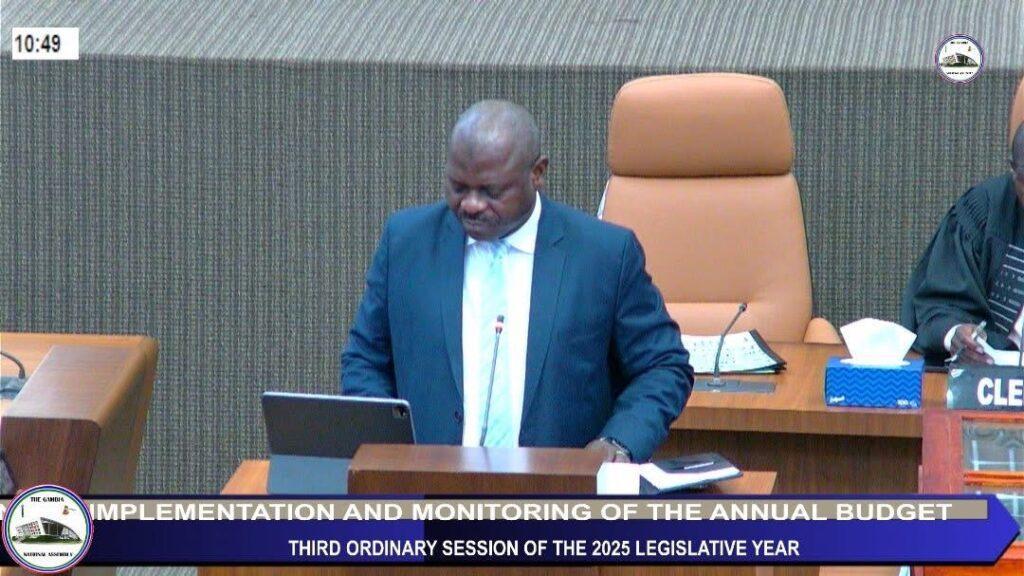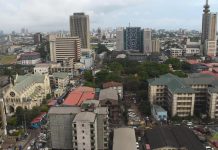Africa-Press – Gambia. Finance Minister Seedy Keita on Wednesday cautioned lawmakers that The Gambia’s rising debt obligations continue to constrain the national budget, as he defended the government’s spending plans during parliamentary debate on the 2026 Budget Estimates.
Addressing concerns from National Assembly members, Mr. Keita said the country’s current repayment pressures stem in part from the global debt service suspension initiative introduced during the COVID-19 pandemic. The program deferred principal repayments between 2020 and 2024, he said, creating a buildup that must now be cleared within a tighter timeframe.
“For four years, there was no servicing of the principal. Once the crisis ended, these accumulated payments had to be made, and that has compounded this year’s debt challenge,” he told the Assembly.
Fluctuations in exchange rates and the long-term structure of most external loans have further increased repayment costs, he said. “When these debts were contracted, the dalasis was around 40 to 50 to the dollar; today it is in the 70s. Technically, this increases the debt burden.”
Despite those pressures, Mr. Keita said the government relies primarily on “credible international financial institutions” for external borrowing and continues to engage development partners to maintain sustainable debt levels.
He also sought to reassure legislators worried about rising liabilities, noting that most of the development budget is financed through a mix of loans and grants, with only a limited share representing the loan component.
Responding to questions about sector spending, the minister highlighted a substantial increase in agricultural funding, which he said is central to the administration’s economic strategy. The sector will receive an 84 percent boost, — “the largest allocation ever in the history of this country,” he said—aimed at strengthening domestic production and reducing import dependence.
Mr. Keita said the 2026 budget was crafted to be “people-centered,” with more than a quarter of total spending directed toward social sectors, including education, health, infrastructure, and agriculture. He urged lawmakers to consider revenue mobilization a priority if government services are to expand and improve.
“We are working to manage debt, increase revenue, and ensure allocations reach the areas that impact the lives of Gambians,” he said.
For More News And Analysis About Gambia Follow Africa-Press






